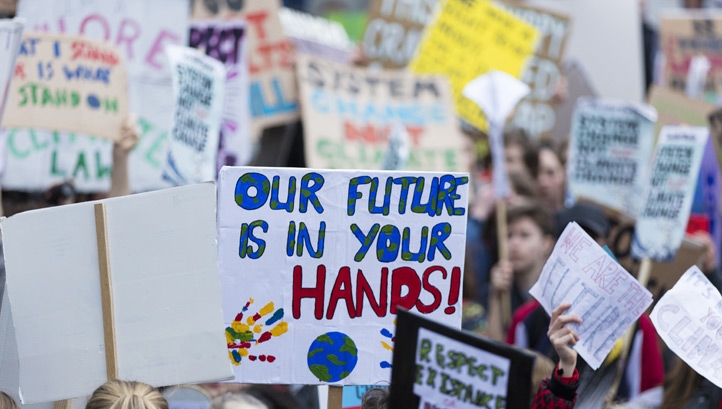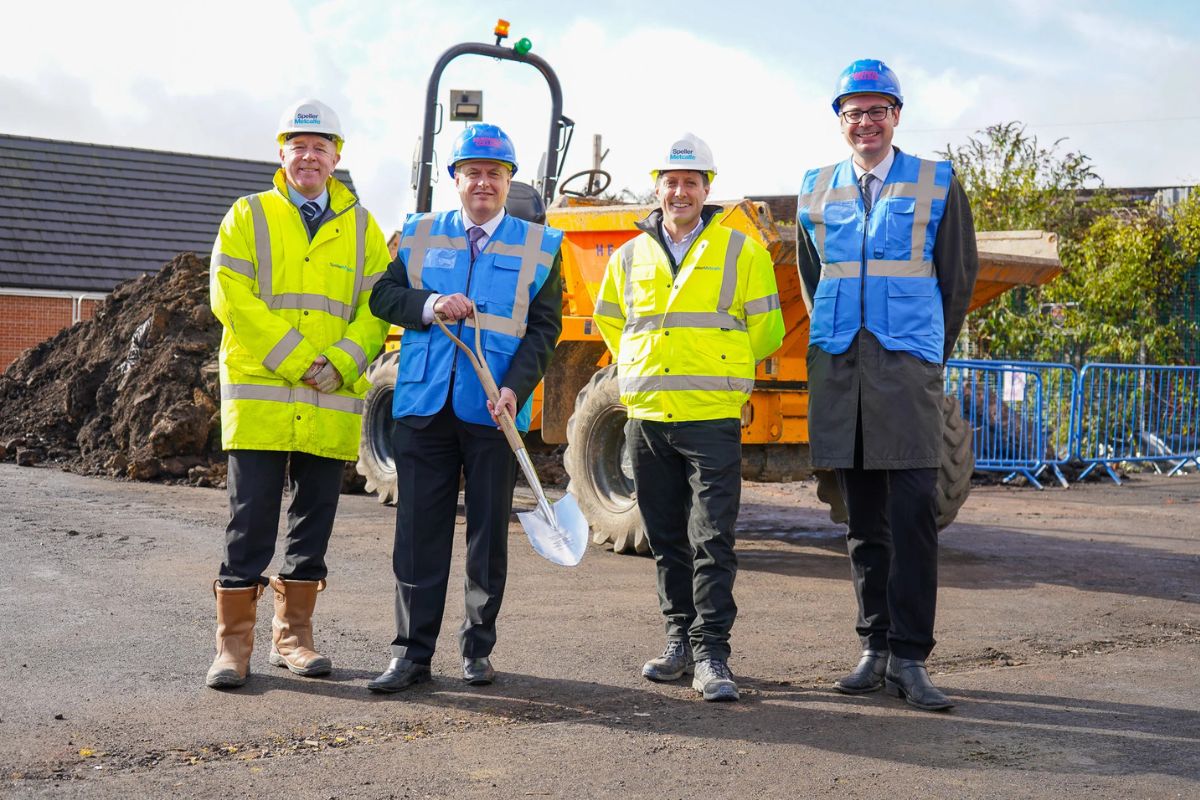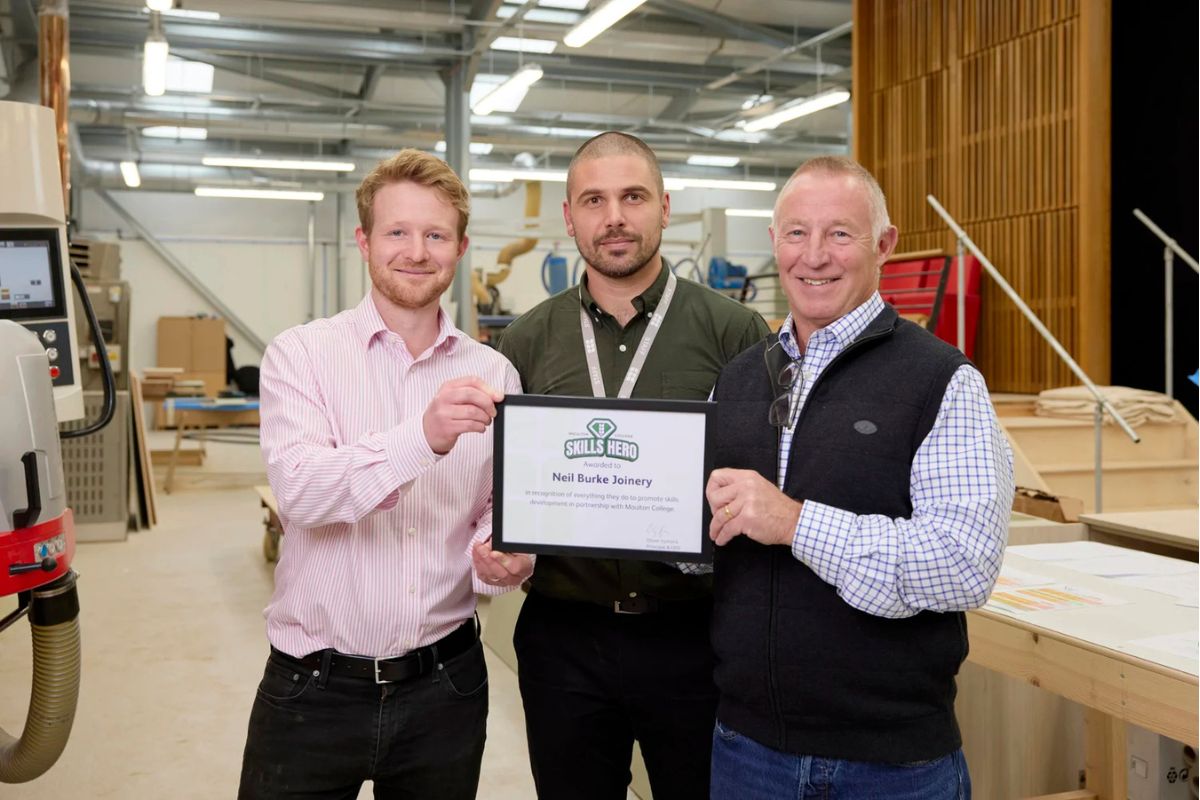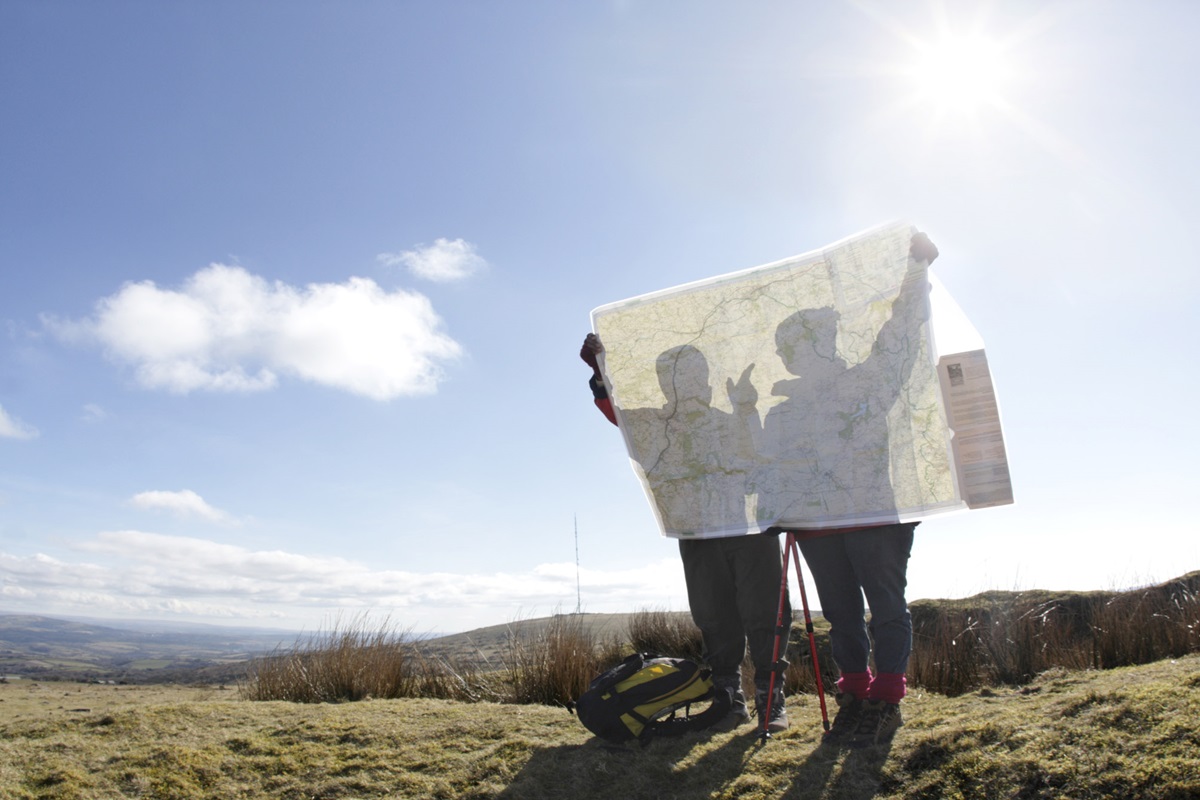World Children’s Day: Over 29,000 children worldwide call on the UN for the right to clean air through education programme

Following pressure from 29,674 children worldwide, ahead of #WorldChildrensDay at the “Freedom to breathe: A Child’s Right to Clean Air” virtual event, the Vice-Chair to the Committee of the UN Convention on the Rights of the Child, Philip D. Jaffé, confirmed that clean air will be elevated within the UNCRC through the forthcoming General Comment no.26.
- Over 29,000 children globally have called on the Committee of the UN Convention on the Rights of the Child (UNCRC) to acknowledge their right to clean air through the Freedom to breathe campaign run by Blueair and a coalition NGOs.
- Today the Vice-Chair of the Committee acknowledged their right to clean air and confirmed it will be elevated within the UNCRC.
- 62 civil society organisations, academics and businesses including UNICEF UK, Great Ormond Street Hospital (GOSH), Unilever and the Global Alliance on Health and Pollution (GAHP) supported the children’s call in a letter to the Committee of the UNCRC.
Access to clean air has recently been recognised as a human right but is not among children’s rights defined by the UNCRC. Philip D. Jaffé responded to the calls from children at the virtual event stating: “We need an air quality revolution…It would take 20 years to change the UN Convention on the Rights of the Child.”
Therefore, Prof. Jaffé added that the Committee of the UNCRC will work on including every child’s right to clean air in the upcoming General Comment (no.26), further adding “I will do my part and I will do everything I can with my colleagues to support you in what you are doing.”
Over the last six months children from the UK, US, China, India have been demanding their right to clean air through the Freedom to breathe campaign. The campaign, which is run by Blueair in partnership with Global Action Plan, the Coalition for Clean Air, Centre for Environment Education and Safekids Worldwide, has now collected 29,674 child calls worldwide.
Children have become empowered to call for their right to clean air with the support of their teachers through an education programme. As part of the programme, the children learned about the importance of clean, healthy air and how they can take action to improve the air they breathe and were offered the opportunity to call for their right to clean air.
The children’s call was further supported by 62 signatories comprised of civil society organisations, academics and businesses including UNICEF UK, Great Ormond Street Hospital (GOSH), Unilever and the Global Alliance on Health and Pollution (GAHP). In a letter penned to members of the Committee of the UNCRC, signatories declared their support for children’s right to clean air being elevated within the Convention.
The Department for Education has made 1,000 government-funded air cleaning units available for poorly ventilated teaching spaces and staff rooms in SEND and Alternative Provision settings.
James Bowen, director of policy for school leaders’ union NAHT, said:
“For many months NAHT has been calling for government to do more when it comes to improving ventilation in schools. We are pleased to see that some action is finally being taken, but it really is hard to fathom why it took so long, especially when other countries seem to have been doing this much earlier.
“If there is a limited supply of the devices, then it clearly makes sense to prioritise the most vulnerable, but this needs to be the start of a national programme where all schools that need them are provided with such devices. We simply cannot work on the basis that only those schools that can afford them are able to access them.”
Nine out of ten children around the world are breathing in toxins that exceed safe levels which can interfere with critical stages of organ development in a child.
Children are more physiologically vulnerable to air pollution based on their smaller relative size and they have greater exposure to air pollution based on their relative faster breathing rate, per unit of body weight, compared to adults. By 2050, UNICEF predicts that air pollution will become the leading cause of child mortality and the World Health Organization (WHO) estimates that in 2016 alone, 600,000 children died from acute lower respiratory infections caused by polluted air.
Further urgency for change is also being pursued by the WHO which recently slashed its global air quality guidelines. Based on an improved understanding of the devastating impacts air pollution has on human health, in September 2021 the organization halved the guideline for particulate matter (PM2.5) pollution and quartered the guideline for nitrogen dioxide (NO2) pollution.
The Freedom to breathe campaign hopes the Committee of the UNCRC’s acknowledgement will lead to clean air becoming more anchored within the UN system, providing authoritative guidance for States that will accelerate action on air pollution globally. The campaign will be sending a submission through the public consultation on General Comment 26 (children’s rights and the environment, including climate change).
Sara Alsén, Chief Purpose Officer at Blueair: “Blueair was founded on the belief that business should be a force for good in society. For the last 25 years, we have been fighting for every child’s right to breathe clean air. I’m so proud that, today, the UN acknowledged our fight and recognised that clean air, just like clean water, should be the right of every child.”
Sonja Graham, CEO at Global Action Plan: “Change is more likely to happen now that we have the support of the Committee of the UNCRC so this acknowledgment is a brilliant step in the right direction. Through the Freedom to breathe campaign, the children came to recognise that clean air is an essential necessity for life – just like clean water and healthy food – we are thrilled that the UN is acknowledging this too.”
Edward Avol is co-author of the USC children’s study on air quality impacts on children’s health says: “Children are especially vulnerable to dirty air because they are growing, and research shows that body organs can be very sensitive during growth. Lungs, brains, and other tissues can take decades to fully develop, so air pollution has the potential to cause lasting harm. Additionally, children are more active than adults and may not know to “take it easy” when the air they are breathing is polluted. Research suggests the damage caused may be irreversible. To protect this generation and future generations of children, we must clean up our dirty air!”
Rosamund Adoo-Kissi-Debrah, clean air campaigner says: “No matter where they live, every child deserves the right to breathe clean air. Children recognise the public health crisis and are demanding that policy makers do what’s necessary to protect their health and future. The coroner’s decision in Ella’s inquest made clear that the UK needs to follow WHO air quality guidelines. Air pollution is a global pandemic, so every country should do the same.”
Sherebanu Frosh, Warrior Moms says: “My kids, our kids are breathing unsafe air. Almost all kids in the world. We, who are part of organisations working on air pollution, simply cannot afford to work in silos. To tackle toxic air in our countries, it would be extremely powerful to unite on an international level – driven by the very basic needs and demands of our children. As we prepare on a war footing to get clean air, this would unify us going forward, and it would also give us the needed ammunition to get our demands heard by our leaders and make real change.”
Sixing, eleven-year-old student in Beijing, China said: “I think clean air is extremely important. We children don’t have fully developed lungs, and our immune resistance is much lower than adults. We are very fragile, and we need cleaner air.”
Arnav eleven-year-old student in Delhi, India said: “Air pollution is devastating for the environment and our lungs. I know the problem of air pollution because I have asthma and bronchitis. During the winter season it gets particularly difficult to breathe because of stubble burning and fire cackles, people burst on Diwali. Why is our right to clean air not within the UN Convention of the Rights of the Child? My question to the United Nations is when will I get to breathe the clean air I want?”
Farron, ten-year-old Primary School student in London, UK said: “I have asthma which is a condition against the lungs and as I have got older I have realised it is the air around us and the pollution that is causing it. Why do the United Nations not think that clean air is our right?”
Letter signatories
- Blueair
- Global Action Plan
- Coalition for Clean Air
- Centre for Environment Education
- #iwill
- Action for Conservation
- Alder Hey Children’s NHS Foundation Trust
- The Asthma UK and British Lung Foundation Partnership
- Breathe California of the Bay Area, Golden Gate, and Central Coast
- Breathe California Sacramento Region
- Breathe DC Inc.
- Breathe Pennsylvania
- Breathe Southern California
- Care for Air India
- Children on the Edge, UK
- Choked Up, UK
- Clean Air Crew, UK
- Clean Air Fund
- ClientEarth
- Climate Acceptance Studios
- Dr Abigail Whitehouse, Academic Clinical Lecturer / Paediatric Registrar, Queen Mary University of London
- Dr Mark Winterbottom, Senior Lecturer in Education, Faculty of Education, University of Cambridge
- Dr Megan S. Davies Wykes, Department of Engineering, University of Cambridge, England, UK
- Dr Sarah West, Stockholm Environment Institute, University of York, UK
- Dr Suzanne Bartington, Clinical Research Fellow in Environmental Health, University of Birmingham, Honorary Consultant in Public Health, Public Health England
- Dr. Sarath Guttikunda, Founder Urban Emission Info
- Ed Avol, Professor and Chief, Environmental Health Division, Department of Population and Public Health Sciences, University of Southern California (USC), Los Angeles, USA
- Friends of the Earth England, Wales and Northern Ireland
- Global Alliance on Health and Pollution (GAHP), Geneva, Switzerland
- Great Ormond Street Hospital for Children NHS Foundation Trust
- Green Schools Project
- Hubbub, UK
- Humanium
- Institute for Public Policy Research (IPPR), UK
- Living Streets, UK
- Mitsubishi Electric UK & Ireland
- Modeshift, UK
- Mums for Lungs
- National Association of Headteachers (NAHT), UK
- National Education Union (NEU), UK
- Parisar
- Paul Linden, Department of Applied Mathematics and Theoretical Physics, University of Cambridge, England, UK
- Philips Electronics UK Ltd
- Professor Jonathan Grigg, Professor of Paediatric Respiratory and Environmental Medicine, Queen Mary University.
- Professor Martie van Tongeren, University of Manchester, Manchester, UK
- Professor Peter Newell, Department of International Relations, University of Sussex, Brighton UK
- Professor Prashant Kumar, Founding Director, Global Centre for Clean Air Research (GCARE), University of Surrey, UK
- Professor Sir Stephen T Holgate CBE, FMedSci, MRC Clinical Professor of Immunopharmacology, Southampton General Hospital & UKRI Clean Air Champion and Special Advisor to the RCP on air quality
- Professor Sue Atkinson CBE MB BChir BSc MA FFPH, previous, Regional Director of Public Health, Health Advisor to Mayor, London
- Public Health Foundation of India
- Sustrans
- Tameside and Glossop Integrated Care NHS FT, Greater Manchester, England
- The Centric Lab
- The Climate Group
- The Energy Resources Institute (TERI)
- Trees for Cities, UK
- UK Health Alliance on Climate Change
- UNICEF UK
- Unilever
- Warrior Moms, India
- Zedify, UK
- Zehnder Clean Air Solutions











Responses